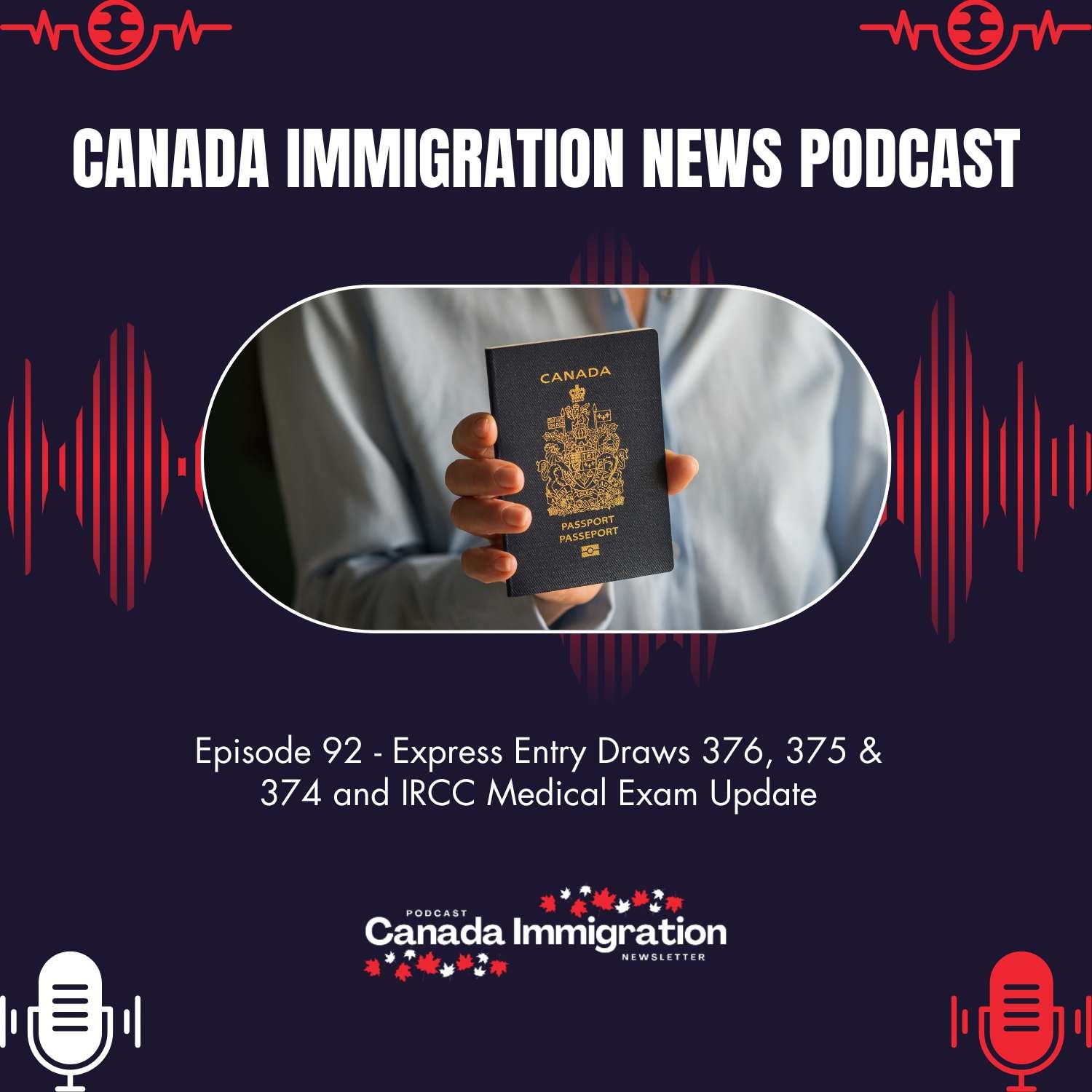Work in Canada
Saskatchewan Health Care Provider Week 2025, Celebrates and Expands Its Health Workforce

Saskatchewan has officially declared October 26 to November 1, 2025, as Health Care Provider Week, honouring the over 50,000 professionals who form the backbone of the province’s health system. From urban hospitals to rural clinics, these workers ensure that every resident has access to quality medical care day and night, in every season.
Health Minister Jeremy Cockrill expressed his gratitude, saying that Saskatchewan is “stronger and healthier” thanks to the dedication of these professionals who continue to care for others with compassion and skill.
Provincial Investment in a Growing Health Workforce
The celebration of Saskatchewan Health Care Provider Week 2025 coincides with major investments aimed at strengthening the province’s health workforce. Since 2022, the government has allocated over $460 million under the Health Human Resources (HHR) Action Plan, focused on four key goals:
- Recruiting qualified professionals
- Training new talent within the province
- Retaining experienced workers
- Improving access to care in rural and northern areas
This long-term plan ensures that Saskatchewan can continue providing reliable, community-based healthcare while preparing for future population growth.
Strong Recruitment and Training Results
In just three years, the results have been impressive:
| Category | Progress |
| Physicians | 340+ doctors have started practising in Saskatchewan |
| Nursing Graduates | 2,400+ hired between 2023–2025 |
| Internationally Educated Nurses | 390+ successfully licensed and employed |
| New Training Seats | 900+ added across 33 healthcare programs |
The numbers reflect not only strong recruitment but also inclusive pathways for internationally trained health professionals making Saskatchewan a destination of choice for medical careers in Canada.
Incentives Driving Rural and Remote Recruitment
To ensure equitable healthcare access across all regions, the province continues to offer a Rural and Remote Recruitment Incentive of up to $50,000 for professionals willing to serve in 70+ communities. This incentive targets nine critical healthcare occupations, helping smaller towns and remote regions attract skilled professionals who make an immediate impact.
Such initiatives ensure that Saskatchewan’s healthcare network stays strong and balanced across the province not just in major cities.
New Programs Strengthening Future Capacity
Education remains a cornerstone of Saskatchewan’s healthcare vision. The province recently launched a Master of Physician Assistant Studies at the University of Saskatchewan’s College of Medicine. This program marks a new chapter in developing local expertise, training Physician Assistants (PAs) right at home and reducing reliance on out-of-province recruitment. Alongside this, the government has expanded medical and nursing programs, opened new training seats, and simplified licensing for foreign-trained professionals ensuring that Saskatchewan continues to grow its health workforce organically.
Why Saskatchewan Is Becoming a Health Care Career Hub
Saskatchewan’s proactive measures and welcoming environment are drawing professionals from across Canada and abroad. Some of the top reasons include:
- Competitive compensation and structured incentives
- Supportive, team-based work culture
- Lower cost of living compared to other provinces
- Strong community connections and career stability
For international healthcare workers, Saskatchewan offers not only professional opportunities but also a high quality of life and a clear pathway to permanent residency through provincial and federal programs.
A Week of Gratitude and Growth
Saskatchewan Health Care Provider Week 2025 is a celebration of both appreciation and progress.
It honours those who care for others and highlights the province’s long-term plan to invest in a sustainable, skilled, and globally inclusive healthcare system. As Saskatchewan continues to recruit and train professionals locally and internationally, it sets an inspiring example for other provinces proving that investment in people builds healthier communities and a stronger Canada.























